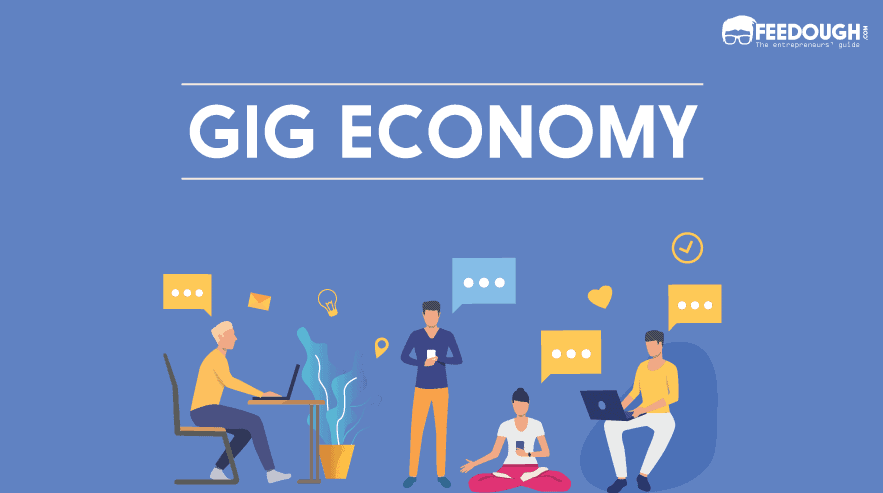For many of us, specifically older students, we find ourselves internally screaming at the idea of turning into adults, and that is mainly due to the stress and hard work that we imagine comes with the workforce. Personally, I’ve witnessed many students and friends in my year who I couldn’t really imagine working traditionally: not because they were unmotivated or lazy, but because the typical 9 to 5 work structure didn’t seem to be made for them. Many students find joy in the adrenaline and thrill that comes with taking part in the school day, whether it’s having heated debates with your teachers, the latest school gossip going around, or new events being introduced by the Deputy Head of the school. Something we enjoy in school is that it’s completely unpredictable on the day to day.
So how does this bring me to the topic of discussion today? Well, I think it’s safe to say that this phenomenon isn’t exclusive to our school alone, and many young adults all throughout the world want to keep this sense of youthfulness and excitement. While our parents and grandparents may not have had a choice in working the typical nine to five job, we have been blessed with the help of the greatest product of our time: The Internet.
Allow me to introduce you to the idea of gig economies: a way of working where you can choose where to work, when to work, and for how long to work. This idea is the idea of taking on very short-term commitments as your source of income; think comedians, musicians, or actors! The word “gig” is used to describe the mentioned short-term commitment, and was originally meant to describe small performances held on by musicians. Today, the dream job for many of us includes traveling the world and sightseeing while still being able to make money by working on our laptops, comfortable in our own homes. The internet has made this dream possible, especially when it comes to social media. Today, many individuals are able to post content about their relatable day-to-day lives, not really doing anything out of the ordinary (or at least not anything that requires a degree) and make millions of dollars off of it. Instead of having to work in a real production set, many actors are now able to start their own projects by filming youtube videos in the comfort of their own homes. And Comedians are now able to make their short-term commitments even shorter, by getting creative with how they reach people all over the world through social media, instead of having to travel. This workforce became especially popular once the covid-19 pandemic hit, and traditional businesses and contract deals ended up collapsing.
But is the rise of gig economies a good thing?
In short, it does depend on who you’re looking at from the perspective. Let’s say we looked at workers: we would easily see that the rise of this kind of job is a great thing for them. It attracts mobility where workers can have power over the way they work; when, how, and where. Because workers can easily move from contract to contract, they aren’t as easily tied to one organization, thus expanding their opportunities and their employment horizons.
This economy can also be great for certain companies too, seeing as companies can provide consistent and quality services to consumers as workers can choose to work when it’s suited for them. Take Uber for example, where you are guaranteed to get the closest uber ride to you because each driver can take on or ignore a ride when it isn’t suited for them. Because these kinds of workers aren’t actual employees, they are just seen as contractors. This could be an advantage to companies as they don’t have to worry about paid time off, labor laws, salaries, work schedules, and more.
It’s pretty clear why this kind of market system is so appealing, especially for those, like some of those aforementioned students, who can’t stay still, don’t do too well with long hours or serious commitments, and are just looking to have that adrenaline rush in their life.


